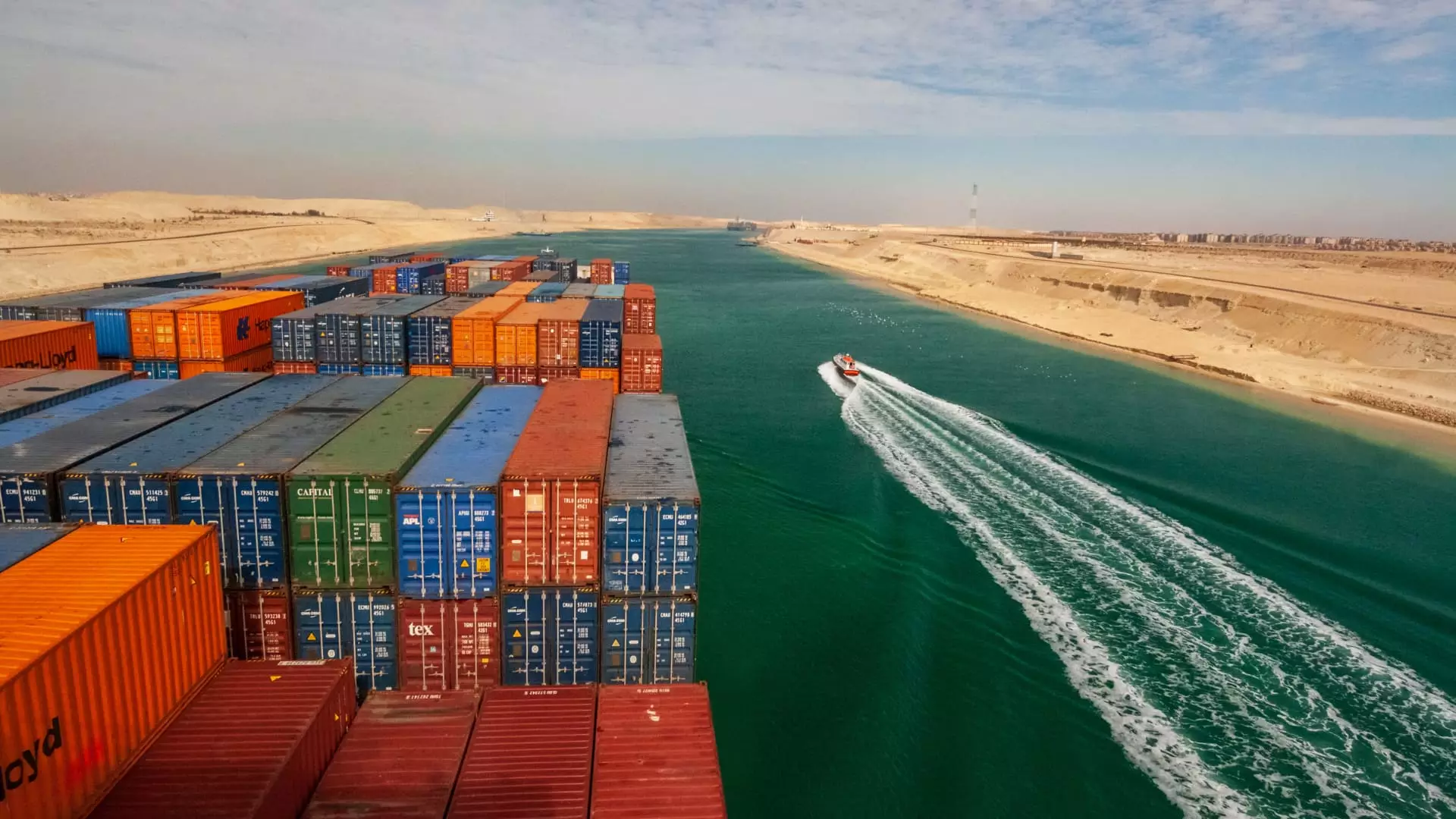The Biden administration experienced a victorious year with a strong December jobs report and an impressive economic performance. However, the recent surge in global shipping delays resulting from attacks on cargo vessels in the Red Sea poses a significant threat to this progress. Danish shipping company Maersk’s decision to divert its fleet indefinitely due to ongoing attacks by Houthi rebels is causing concern among policymakers and economists. This article delves into the potential repercussions of these shipping holdups on the US supply chain and the broader global economy.
In December, the Labor Department reported an increase of 216,000 jobs, surpassing economists’ expectations by 40,000 jobs. The unemployment rate remained steady at 3.7%, reflecting a resilient labor market. These positive job growth figures consolidated the Biden administration’s economic successes throughout the year.
The decision of Maersk and other shipping companies to divert trade away from the Red Sea due to security concerns raises alarms about the potential domino effect it could trigger within the US supply chain. After the impactful disruptions caused by the COVID-19 pandemic, the US economy, especially its supply chains, necessitates stability and reliability. The prolonged delays experienced in shipping ports during the early stages of the pandemic led to a loss of approximately $24 billion worth of goods in the US market. The specter of similar disruptions looms large with the current shipping delays.
While the delays have not yet substantially affected energy costs, concerns persist regarding the consequences for global manufacturing and consumer goods. Lael Brainard, director of the National Economic Council, acknowledged the minimal impact on energy prices but expressed her discontent with Maersk’s actions. However, it is crucial to recognize that the potential fallout from major shipping lines bypassing the Red Sea extends beyond energy costs. Companies such as Ikea and Electrolux have already experienced repercussions, highlighting the interconnectedness of global supply chains.
The Role of Biden’s National Security Team
Recognizing the severity of the situation, Biden’s national security team is actively working with a broad coalition of partners and maintaining close contact with shippers. Their goal is to address the security concerns and mitigate potential disruptions to the global shipping network. While the exact measures and strategies remain undisclosed, the administration is determined to safeguard the integrity of the supply chain and minimize the economic fallout.
The recent surge in global shipping delays caused by attacks on cargo vessels in the Red Sea threatens to undermine the economic wins of the Biden administration. Despite the impressive job growth and stable unemployment rate showcased in the December jobs report, the potential domino effect within the US supply chain poses a significant risk. As companies like Maersk divert their fleets indefinitely, the repercussions extend beyond energy costs to include global manufacturing and consumer goods. Biden’s national security team is actively engaged in addressing these issues and collaborating with partners to find solutions. Nevertheless, the shipping delays underscore the vulnerability of the global supply chain and the importance of a robust and secure logistical network for sustained economic growth.

Leave a Reply